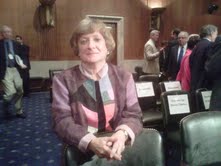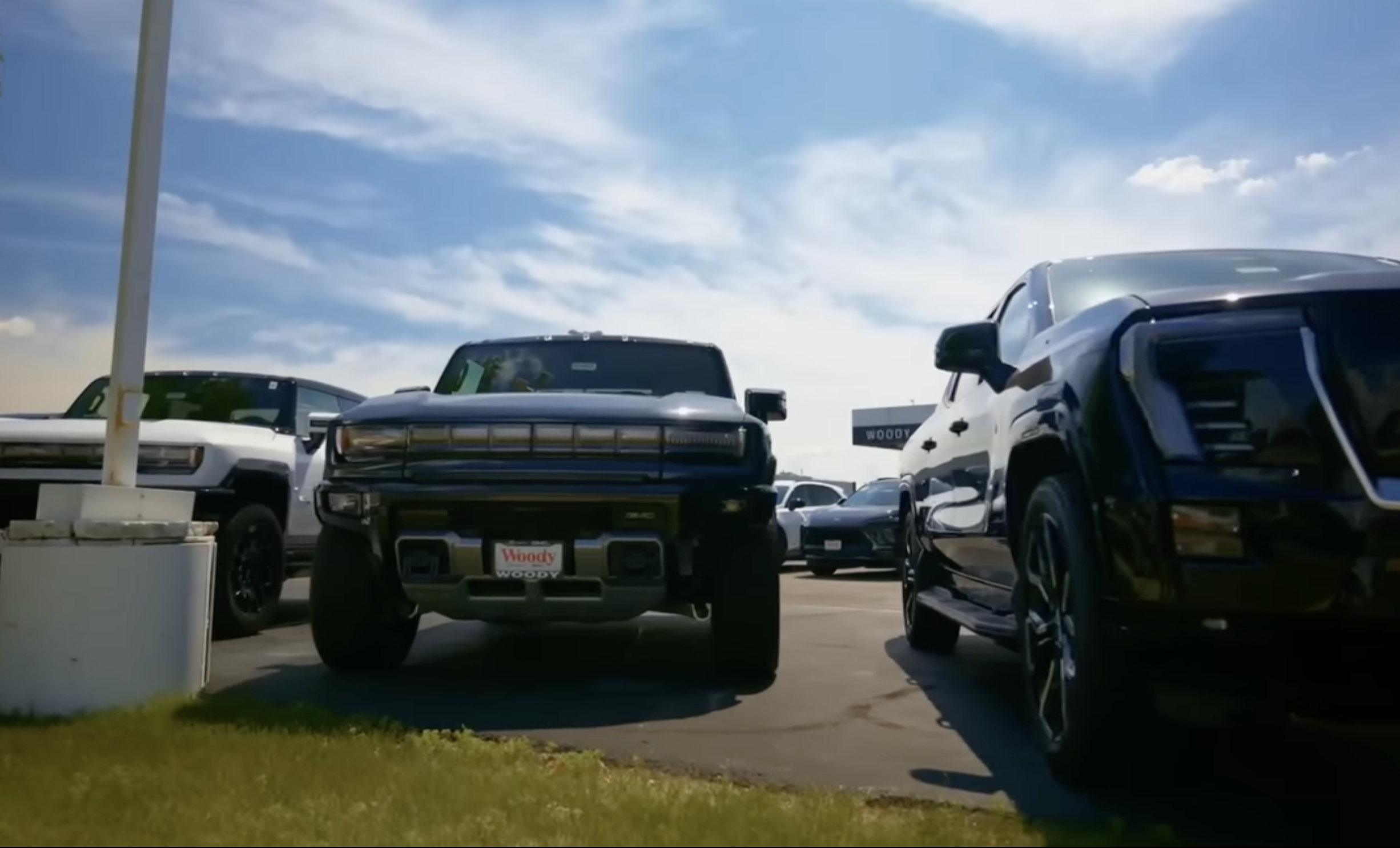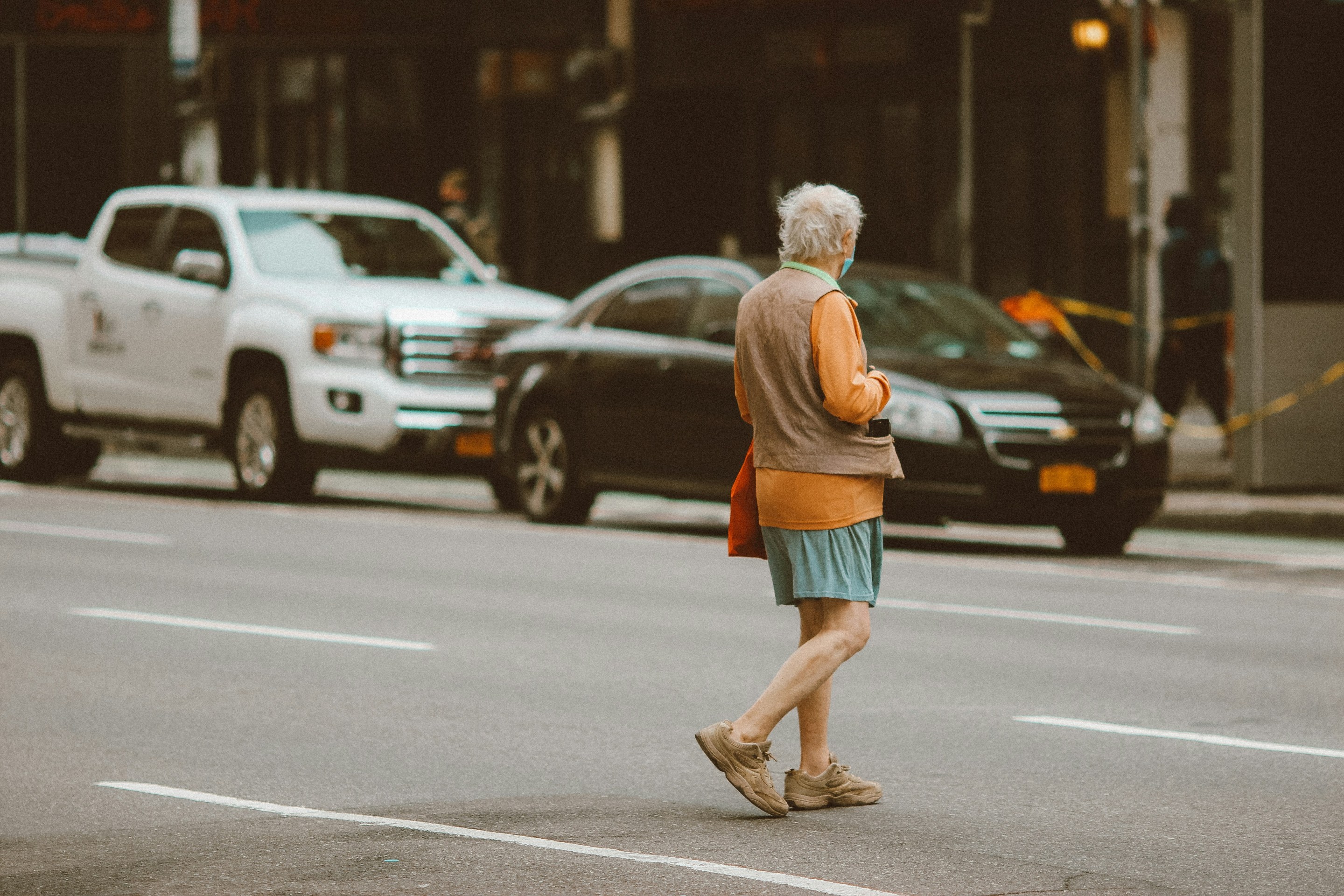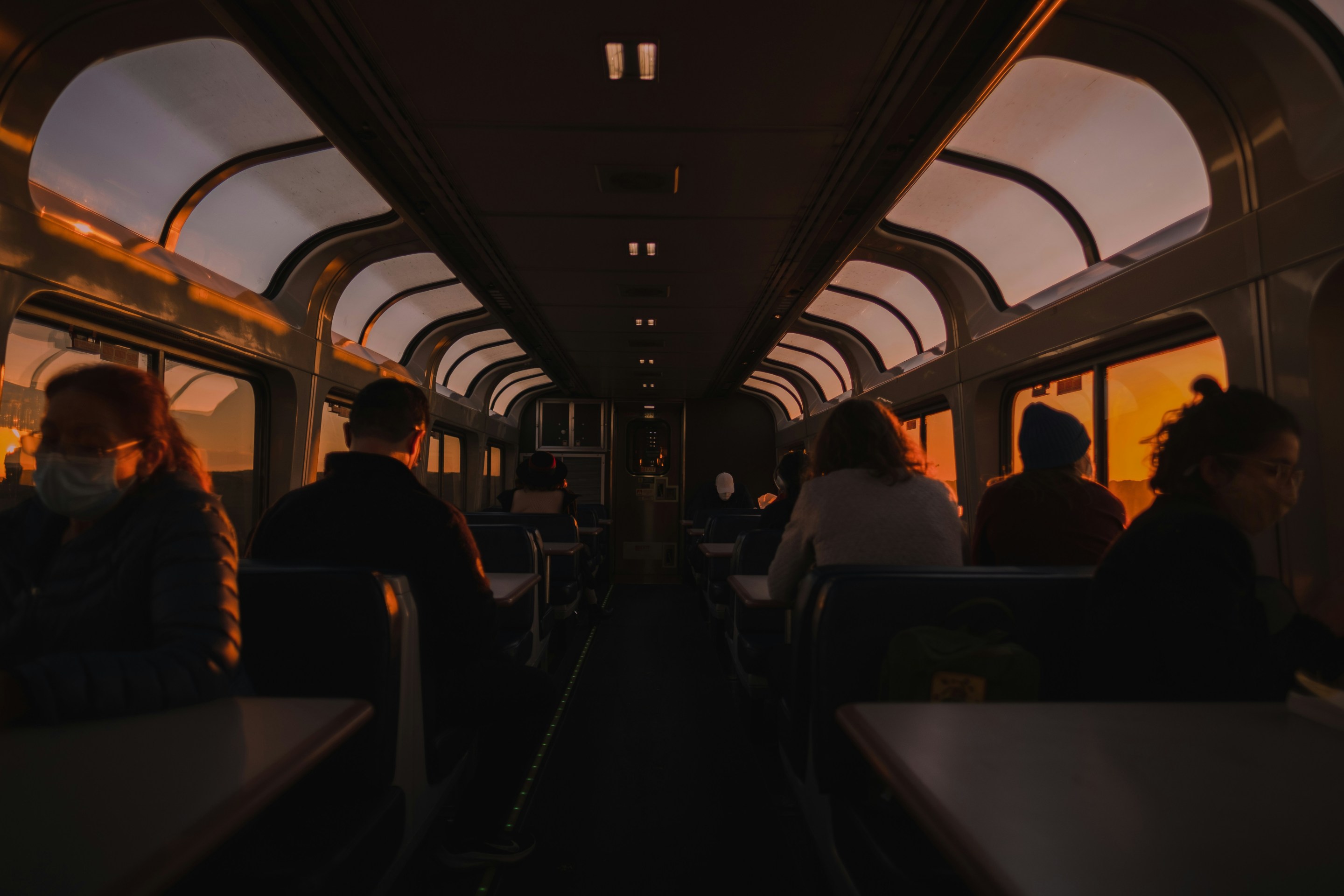Congressional committees charged with drafting the new transportation bill have been holding hearings to seek input from stakeholders around the country. In today’s installment, the Senate Environment and Public Works Committee heard from five state DOT chiefs, one city official, and the chair of FedEx. Those witnesses’ pleas to the committee ranged from bike trails and transit to highways and deregulation.
Though the conversation didn’t get stuck on the funding issue, as many other congressional hearings have, Sen. Max Baucus, who chairs the EPW Subcommittee on Transportation, suggested that maybe it’s time to look at a two-year bill if funding for a six-year bill seems unattainable. At least one witness made it clear that even a smaller long-term bill is preferable to a short bill because it allows transportation agencies to plan. Still, Baucus made clear that he found the funding question "frustrating."
I’ve been involved in many highway bills. I can’t remember a time as challenging as today with all the different forces converging – one is the trust fund deteriorating – that’s a big one. And the politics in our country today, it’s very, very difficult to get additional revenue. And obviously the costs are going up because fuel’s going up, equipment’s more expensive, asphalt’s more expensive. You have to keep up. Also we have to compete internationally. Other countries have very up-to-date infrastructure systems.
This was a full committee hearing that normally would have been chaired by Sen. Barbara Boxer, but she was unavailable so Baucus stepped in. He told witnesses that Congress responds to pressure from outside; it doesn’t lead.
One leader that livability advocates will want to take notice of is Sharon Thomas, the mayor pro tempore and councilwoman of Las Cruces, New Mexico, who testified at today’s hearing. “How a community is laid out -- roads, transit, pedestrian and bicycling facilities, open space, public areas, commercial areas, housing choices, economic development, health issues -- are all related,” she told the committee.
Las Cruces was chosen in 2009 to participate in an EPA planning program to better connect the downtown with the university. “In that vision, El Paseo Road would be transformed from a vehicle clogged, dying, strip-mall-lined street into a mixed use, pedestrian and bicycle friendly, tree-lined boulevard, with multiple transportation options, a range of housing choices, and plenty of public gathering places,” she said. “That is what the community told us they wanted.”
Thomas spoke up for TIGER and Safe Routes to School and against the bureaucratic “silos” that separate land use and transportation planning.
Thomas didn’t get as much airtime as Fred Smith, the head of FedEx. Congestion hits FedEx’s bottom line like nothing else, but Smith’s interest isn’t just about the bottom line. He heads up the Energy Security Leadership Council, a team of business and military leaders who think the U.S.’ dependence on foreign oil is the biggest national security and economic risk the country faces. He spoke in favor of electrification of vehicles and linking policy goals to petroleum consumption.
He did away with conservative anti-government arguments by saying, “It would be great if there were a free market solution to our problem in this regard but there is no free market for oil. It’s managed by a cartel that, if it were doing what it does in the United States, it would be illegal.” He supports “alternatives to the current fuel tax regime,” meaning a vehicle-miles-traveled fee. When asked by rural lawmakers how to make sure it’s fair to rural people who inherently travel longer distances, he pointed out that a VMT would be fairer than the gas tax, since it can be adjusted to allow for things like congestion pricing.
Sen. Tom Carper (D-DE), an ardent (and lonely) supporter of a gas tax hike, heard Smith's point that even a gas tax hike doesn’t fairly include drivers of alternative-fuel vehicles, like the Chevy Volt he just took for a test-drive.
Much of the hearing, however, belonged to state DOT heads defending their highway-centric turf. Oklahoma DOT chief Gary Ridley, invited witness of Ranking Member James Inhofe (R-OK), took an opportunity to condemn “set-asides” for bike trails and other “recreational and fringe” expenditures. He was the only person there – on the witness stand or on the dais – not to push for a bigger bill to fully fund transportation. He said it wasn’t for him to tell Congress how much to spend or how to fund the bill, and he made it clear he was prepared for a smaller bill than the last one – as long as all the money goes to important things, meaning highways.
Inhofe took his opportunity to push for offshore oil drilling, which, he said, could help break our dependence on Middle Eastern oil. He also got in his own digs at the “set-asides” – the popular new buzzword for non-motorized transportation options – saying taking transit and other “hitchhikers” out of the Highway Trust Fund would restore its surplus.
Meanwhile, John Cox of the Wyoming DOT argued for 90 percent of transportation funds being distributed according to a formula with no “set-asides.” He also told lawmakers that 77 percent of Wyoming’s traffic is through-traffic carrying goods and passengers that neither begin or end their trip in Wyoming. So, he said, Wyoming highways are in the national interest, as opposed to minor highways and bridges.
In a conversation about performance metrics, Cox said he was all for them but that they shouldn’t be imposed as part of the surface transportation reauthorization. He said he was afraid it would pit state DOTs against one another.
Alabama DOT chief John Cooper had to mention, too, that he’s concerned that high-speed rail “does not present a viable solution to problems with transportation in our state and we hope you will not use scarce federal highway dollars to support that mode.”
The EPW Committee is taking the lead on the Senate side on crafting the transportation bill. Committee leaders say they're working closely with the House Transportation Committee and plan to mark up a bill by Memorial Day.






